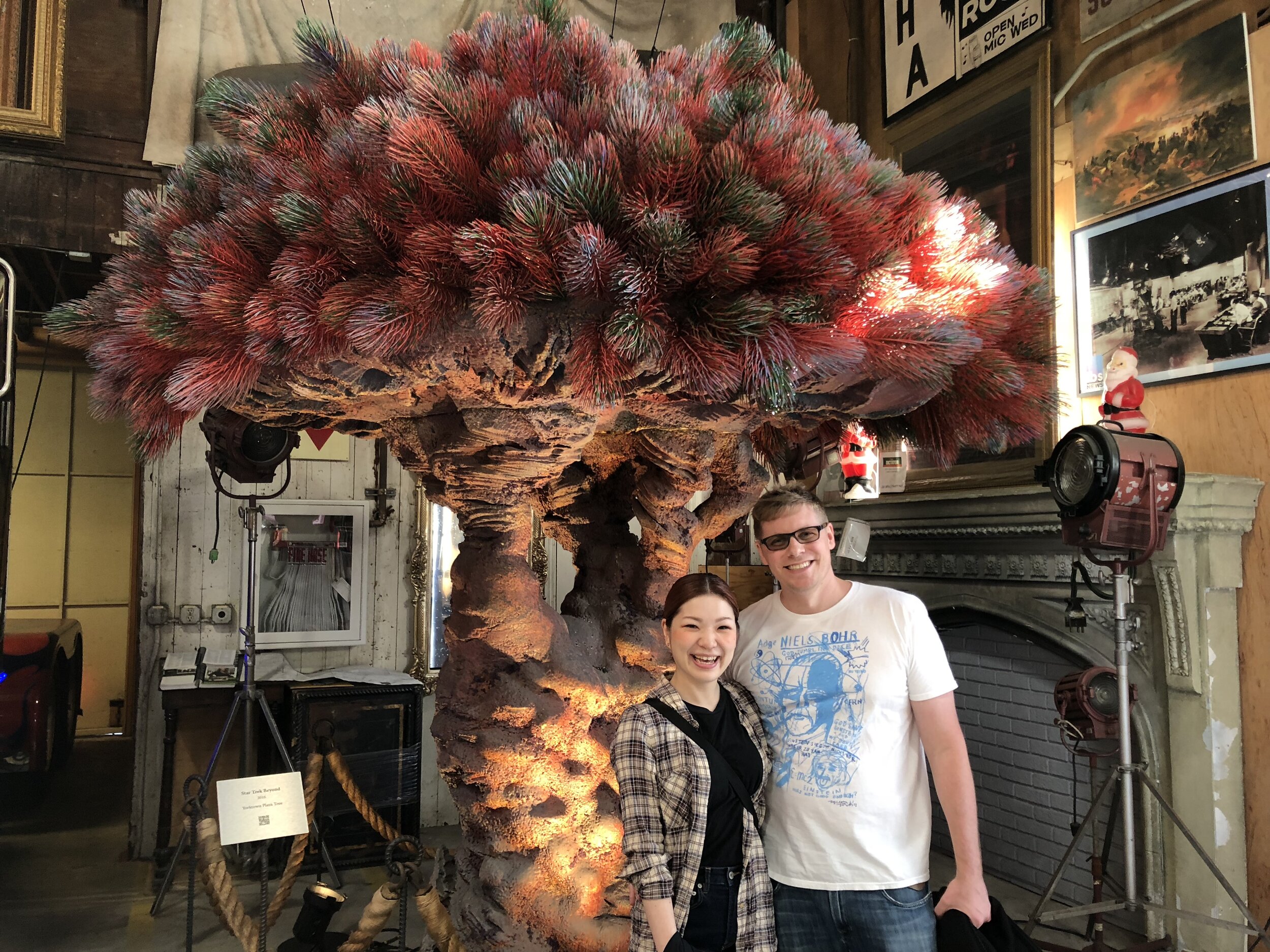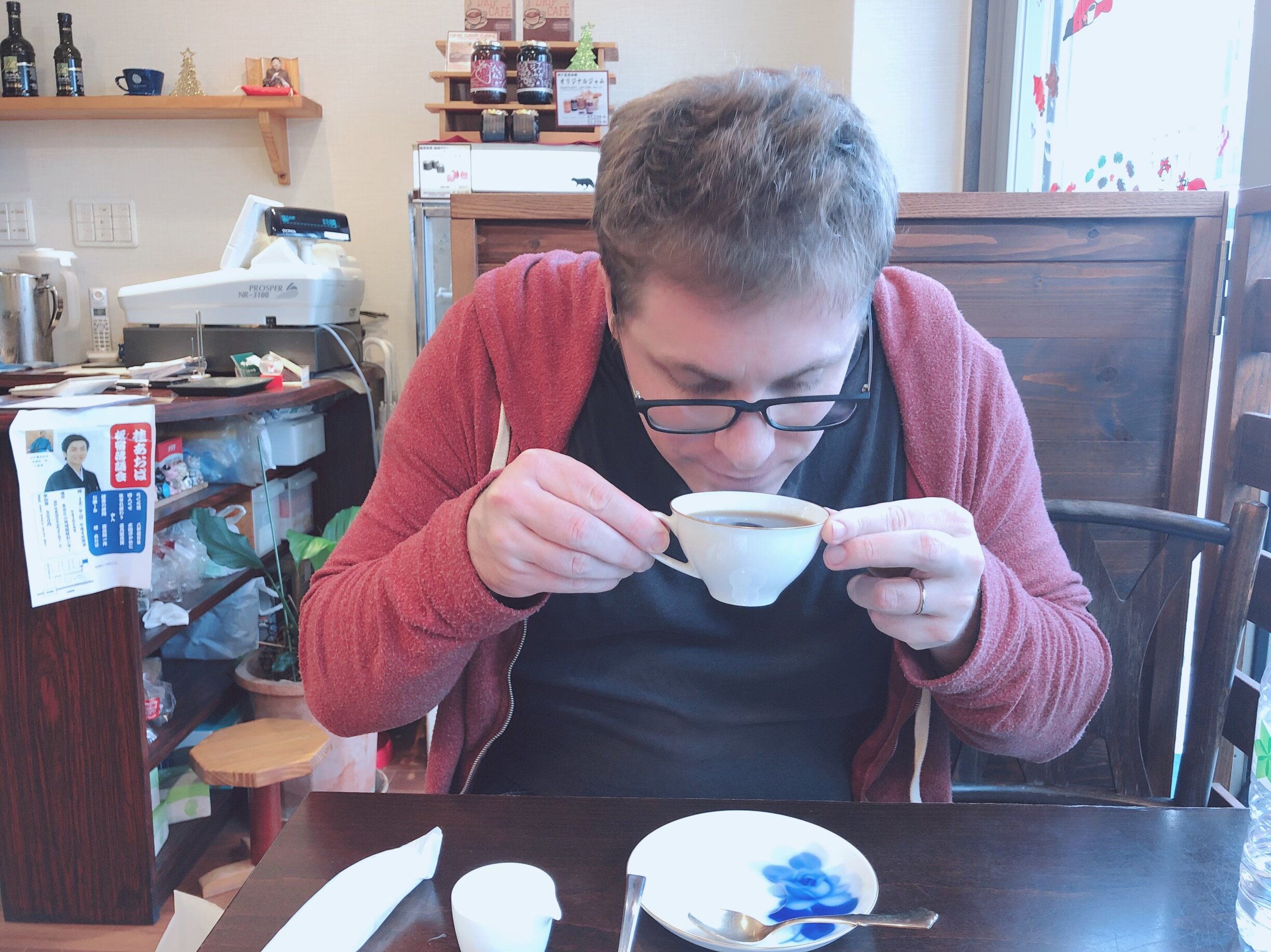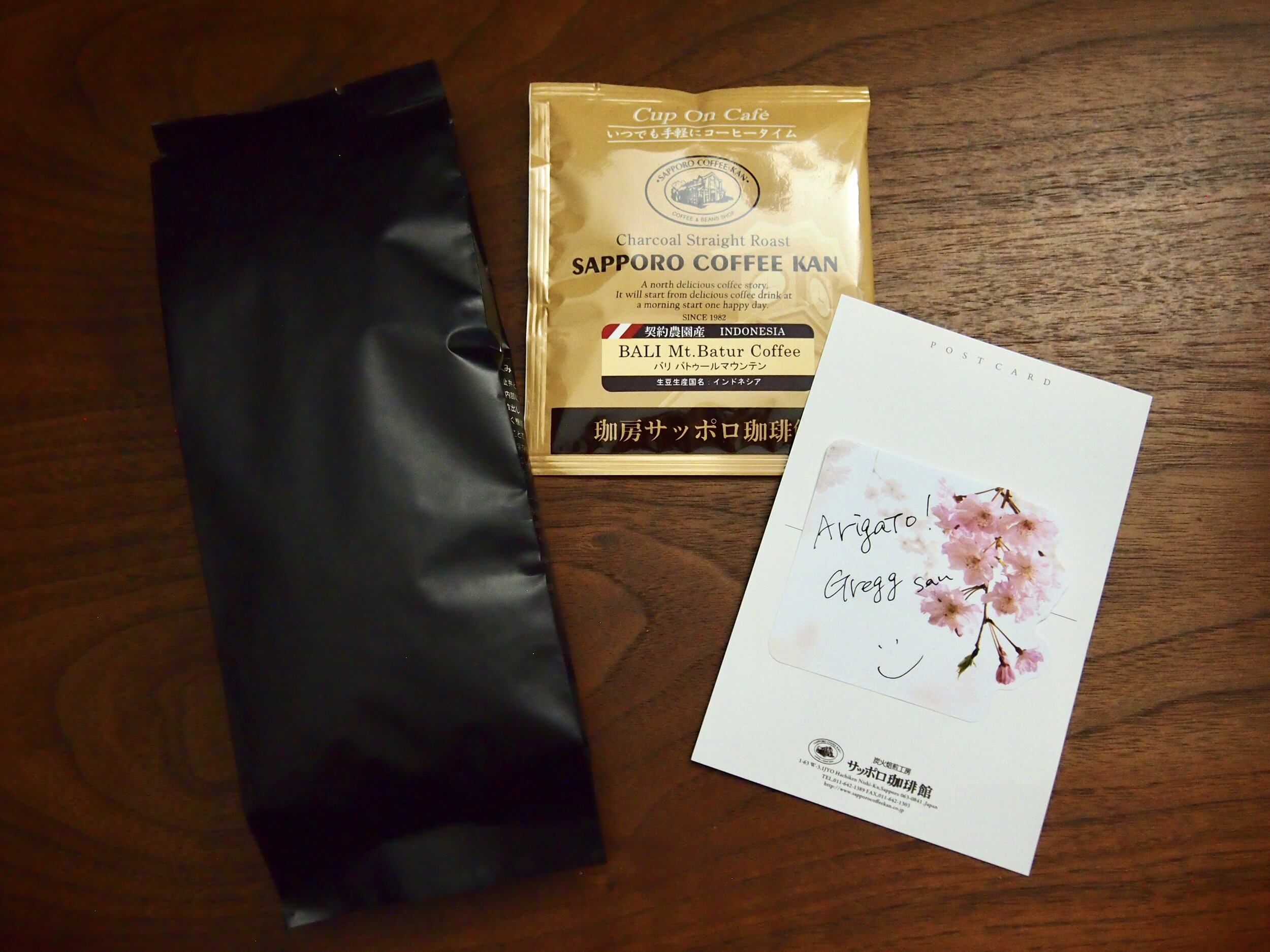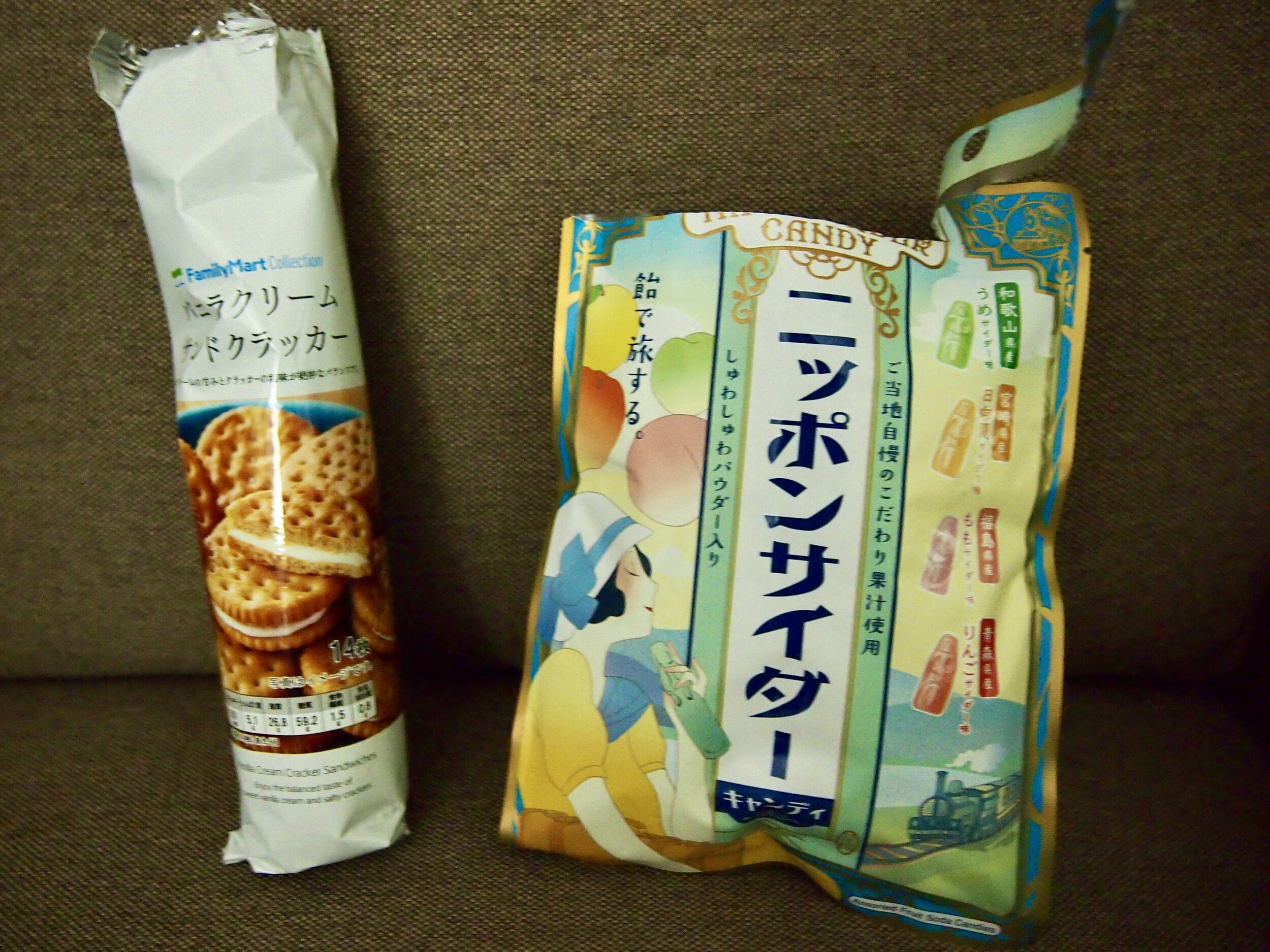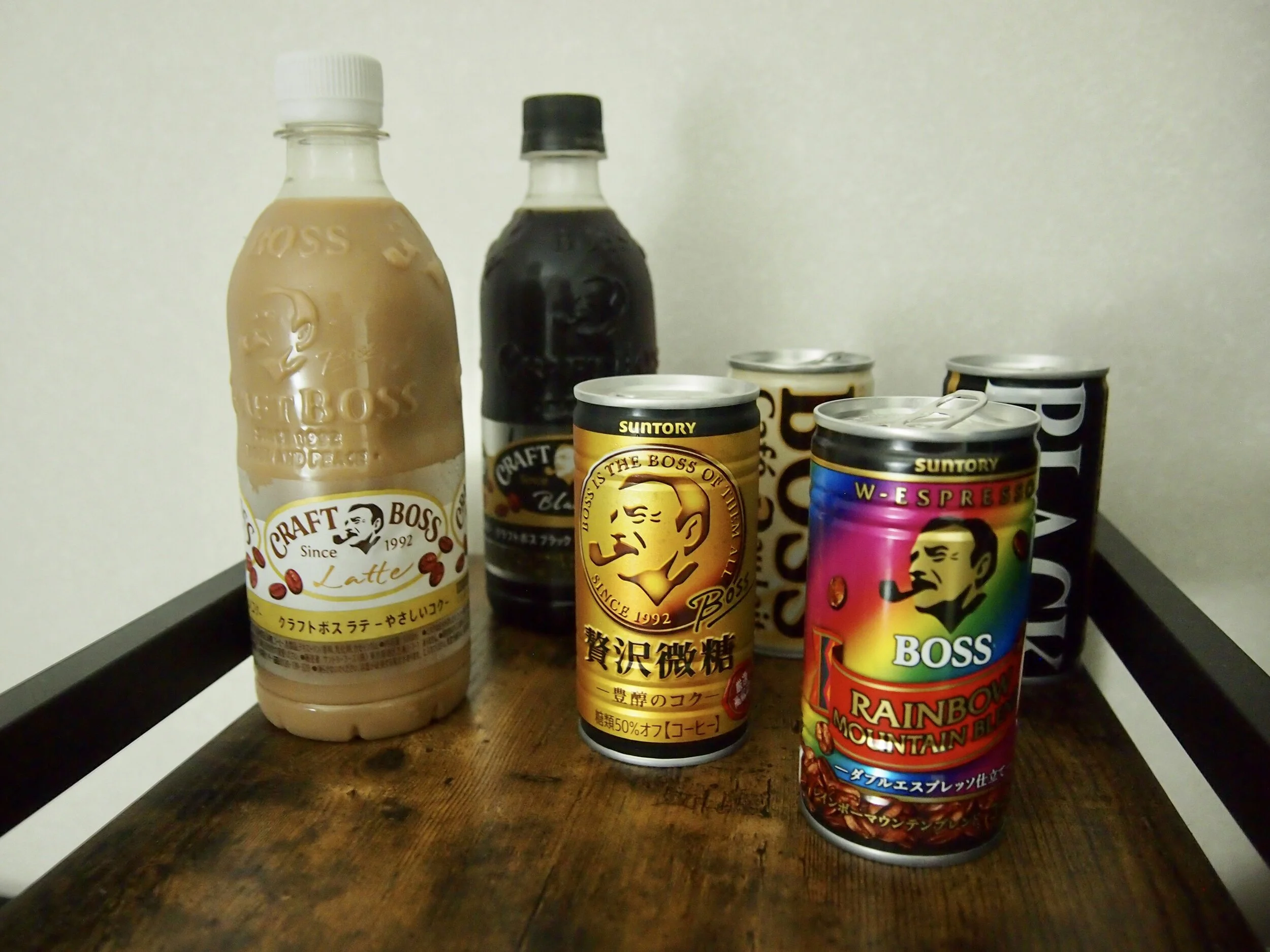Review: Charcoal-Roasted Coffee from Japanese Coffee Co.
This post contains affiliate links. For more information, please read our affiliate disclosure. Check the bottom of this post for a coupon code that gives you 10% off at Japanese Coffee Co, which offers free shipping worldwide on orders over $40!
If you and I have ever met, one thing you know about me is that I am a coffee snob. I do not want to meet up with you at the Coffee Bean; I want to find the fanciest espresso joint in the area, and if they don’t make a latte to my liking I will enact vicious retribution in the form of a direct and forceful rolling of the eyes.
This coffee snobbery comes into direct conflict with the fact that I am cheap and lazy. Therefore, I drink instant coffee every day while I’m home alone writing this garbage. In the morning, though, I want something good, which is why my wife and I employ a well-to-do coffee setup that she bought me as a gift a few years back.
We hand-grind beans and heat up water in a kettle to perform a pour-over service, her taking soy milk while I use just a dash of whole cow’s milk. We get our beans mailed to us by my father-in-law, who knows his stuff and sends us a variety of good beans. I’m generally pleased with what we make, even though I usually go for espresso when I’m out of the house and I’m not exactly the greatest at pour-over. But we make good stuff.
We’ve also tried plenty of rare coffees in our day. We went to Cafe de L’ambre in Tokyo, where we tried coffee made from beans saved since 1994, which produced the blackest, darkest, none-more-black brew I’ve ever tasted.
I’ve also tried Kopi Luwak coffee, made from partially-digested cherries taken from the poop of Asian palm civets. It was surprisingly smooth in taste for how strong and rich it was, but left me feeling jittery and in need of a toilet. (Note: please do not buy civet coffee. Its production is quite cruel and it doesn’t taste that great anyway. We’re not linking to it here because we don’t like the way the animals are treated, and I regret trying it knowing what I know now.)
I thought I knew all the fancy types of coffee under the sun until I stumbled upon a Japanese company that boasted of selling “One of the world’s rarest coffee from Japan,” Sumiyaki charcoal-roasted coffee that is “not available anywhere else.” The company is called Japanese Coffee Co., and I knew I had to investigate.
Sumiyaki is a Japanese method for roasting coffee beans over Binchotan charcoal that imparts a unique smoky flavor and aroma while removing excess water from the beans, cutting down on acidity and sourness. Their website has the full lowdown, and it certainly sounded impressive, so we decided to give it a shot.
We ordered a bag of single origin Indonesian Arabica Typica Mandheling Berkat Lintong. I don’t know what all those words mean, but the flavor profile sounded good and it was $48 for 200g (7.8 oz.), which satisfied the requirements for free shipping. It had high marks for body and fragrance without being overly bitter, and was on the dark side without being too dark, which is what we like. Of course, those ratings came from the company itself, so we’d have to see.
Delivery was swift, and soon we were treated to a black bag filled with beans, a single-serve pouch of instant grounds, and a nice thank you note from the company. The real challenge would come the next morning when we would give it a try and decide if this supposedly luxurious brew was worth almost $50 for one bag.
Upon opening the beans, the scent was INCREDIBLY strong. It smelled like a campfire in a bag. The charcoal aroma was almost too much, invading my nostrils like Genghis Kahn at the end of No-Nut November. It was strong is what I’m saying. The beans themselves were dark brown and rather oily and slick. I was genuinely worried we’d made a mistake at first, because if they tasted like they smelled, we might as well just go lick a piece of charcoal.
The moment that really stood out to me about that first morning was the grind. Usually, we use pretty fancy coffee beans in our grinder, but you do have to put some work into grinding them. You spin around the little lever at the top, and it makes a loud churk-urk-urking noise, often providing at least 3 or 4 moments during the grind where you have to really push and use those muscles to get the job done, which is probably why I have such sexy elbows.
With these beans, there was none of that. The grinding was smooth, easy, and super quiet. They leapt into the grinder and thanked you for demolishing them. We were both shocked at how easy it was. What was produced was black with some lighter specs, but not the kind of hairy brown fluff that higher-end beans often produce. I attributed how easy they were to grind to the oiliness, and I still didn’t know what to think about the pungent smell, but I could tell there was something special here, something we’d never had before in all our years of making coffee at home.
The only thing that stood out to me about the brewing process was that it’s really difficult to get an action shot of the bloom in a pour-over setup. Rest assured it looked better than this while we were fumbling with the camera. Once the coffee was brewed, it smelled great, much less powerful than the scent of the beans themselves. It was time for the moment of truth: the taste.
As I said before, we normally take our coffee with milk, but this time we decided to drink it black to write an accurate review. I’m glad we did, because this coffee absolutely does not need milk. This was the smoothest cup of coffee I’ve ever tasted. There wasn’t even a hint of bitterness or nagging acidity to harm the experience. Often I find black coffee makes me feel like I have to sprint to the bathroom after one sip, but I could drink this black every day of the week and feel fine.
The good news is that it doesn’t taste like chewing on a piece of charcoal. The smoky flavor in the coffee is subtle, giving it interesting notes without taking away from the coffee itself, which is the real star here. It’s got a lot of depth, just the right amount of dark-roasted flavor and thickness while providing a warm, relaxing sip. It’s not overpowering or watery - it’s just right.
We absolutely loved this coffee, and kept drinking it for the next couple weeks. Due to the strong flavor, we found we could get away with using fewer beans than we do with our normal coffee, making it last quite a while. And the smell of the beans lessened after a couple days, so that eventually the charcoal scent became welcome and invigorating rather than overpowering. A resealable bag would have been great, but we got along fine with the little clips we use.
The taste was a little less strong the last few days, but still noticeably smoother and more well-balanced than just about any coffee I’ve ever drank, so I do think 200g is the right amount to purchase at a time. We chose a rather expensive variety, but they do have some cheaper options and blends, as well as combination packs that allow you to try several kinds and buy in bulk to get the free shipping. The unique flavor of charcoal-roasted coffee might not be for everyone, but we definitely enjoyed it.
There are still many bags of coffee currently in our pantry, and we cherish getting beans from Eriko’s family, so we didn’t reorder right away. The company does offer a subscription service where you can set up regular delivery at a significant discount, and with those discounted prices, it’s absolutely a good deal and worth considering.
We actually liked the Sumiyaki coffee so much that we had the same beans sent to Eriko’s dad for Father’s Day. Unfortunately, the company didn’t have a gifting option on its site, so the family didn’t realize the beans had been sent by us. They just thought they’d won something and were getting free coffee.
I was all set to write this review when I reached on top of our fridge and found the instant packet they’d also provided, which I’d completely forgotten about. I decided to give it a taste in the afternoon when I wouldn’t have to share.
Some single-serve coffee in Japan comes in a form I hadn’t experienced before moving here: there’s a little cardboard stand that you set on top of your cup that creates a mini pour-over contraption, and then afterward you just throw the whole thing away. It’s a bit wasteful, but makes for a much better experience than most instant coffee. Whereas the majority of instant brands offer freeze-dried crystals or tubes of sugary powder, these were actual grounds that smelled absolutely divine.
Please forgive me for these pictures: I didn’t have time to make them good because I was super excited to try the coffee. It was VERY strong - I’d say stronger than when we ground the beans ourselves. It was definitely a step up from my normal afternoon lazy brew. Though delicious, it was a tad too strong, leaving me jittery and in need of food to calm myself down. Not as good as the real thing, but a nice addition, and a sign that these people know how to make a product that’s a step up from the rest.
Overall, we would definitely recommend Japanese Coffee Co. and their Sumiyaki coffee. There is no doubt that we’ll be trying their other kinds in the future. If you want to try it, we’ve got goods news:
Our readers can get 10% OFF their first order by clicking the link below and using coupon code “SeenJapan10” at checkout. We’re very happy to be partnering with Japanese Coffee Co. because we were going to praise their coffee anyway, and now we can offer a discount to our readers! One of the best things about this company is they offer free shipping worldwide on orders above $60, so no matter where you live, you can get it delivered.
Click below to give it a try, and we’ll report back next time we try one of Japanese Coffee Co’s charcoal-roasted coffees!
Use offer code “SeenJapan10” for 10% off at Japanese Coffee Co.!
